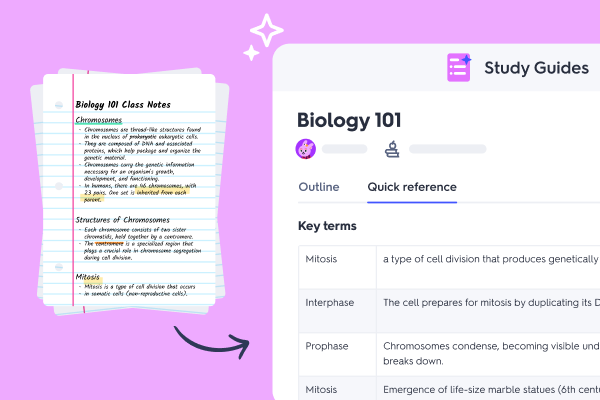
Our latest research has shown that Artificial intelligence (AI) has rapidly evolved from a cutting-edge technology to an essential tool in classrooms. In the past year, AI tools have reshaped how both students and teachers approach learning.
Our research found nearly half of students (49%) and teachers (49%) now use AI tools in the classroom at least once a week. This trend highlights the transformative potential of AI to make education more efficient, personalised, and accessible. As more classrooms embrace AI, we need to be aware of the benefits it brings, and the challenges it poses for both educators and learners.
A time saver
Marking and planning take time. Teachers are now using AI tools such as marking algorithms, automated quizzes, and lesson-planning assistants. These can streamline processes that were once time-consuming, enabling educators to focus more on personalised learning and student engagement. Our research revealed that teachers using AI for grading work can save on average 3.5 hours per week.
Learning platforms that leverage AI like Quizlet let teachers generate classroom materials, including tests and assignments. In fact, 4 in 10 teachers use AI to create resources. More than a third (34%) rely on it for conducting research too. AI's ability to assist in lesson planning is another key advantage, saving teachers an additional three hours per week.
AI provides teachers with highly personalised content to cater to diverse learning needs. Teachers can leverage AI to analyse student performance data. It will predict which students might need more support and tailor lessons to address gaps.